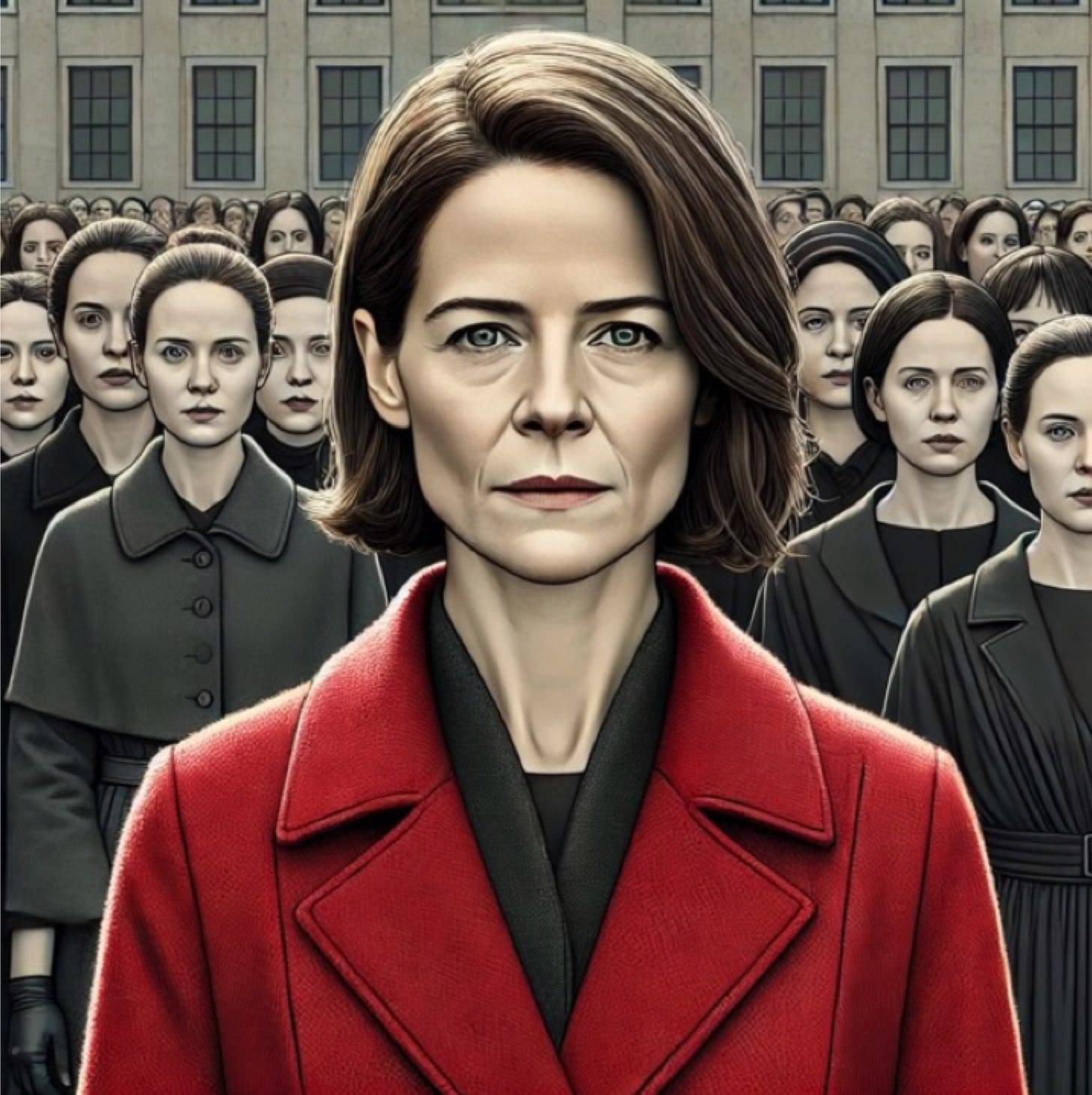Allied Military Tribunal, October 1950
The courtroom was silent except for the faint shuffling of papers and the occasional cough. I stood when they called my name, the chains on my wrists clinking faintly as I rose.
This was no grand tribunal. The trials of men like Göring and Hess were long over. It had taken the tribunals nearly six years to get to me—every one of them spent as a prisoner. As Nazi officers went, while I was not insignificant, neither was my case pressing. My name would never be etched into the history books, and there were no reporters in this room. But judgment is judgment, and after a short trial wherein I pled guilty, this was mine. Only the sentencing was left.
The presiding officer, an American colonel with a thick neck and an impatient manner, leaned forward. “Hauptsturmführer Ernst Vogt, you are charged with facilitating crimes against humanity in Berlin, 1943. Specifically, your role in the detention and deportation of Jewish men married to Aryan women from Rosenstrasse. Do you have anything to say before we render our sentence?”
I hesitated. For months, I had considered what I would say in this moment. I could plead ignorance, blame my superiors, insist I was only following orders. But the weight of that lie felt heavier than the chains on my wrists.
“Yes,” I said, my voice steady despite the dryness in my throat. “But I will not speak in my defense. I have precious little. I wish instead to tell you about the bravest woman I ever met.”
Keep reading with a 7-day free trial
Subscribe to Bathroom Breaks & Bedtime Tales to keep reading this post and get 7 days of free access to the full post archives.




